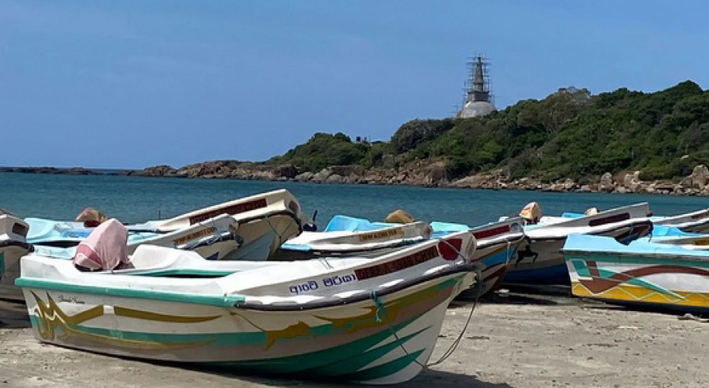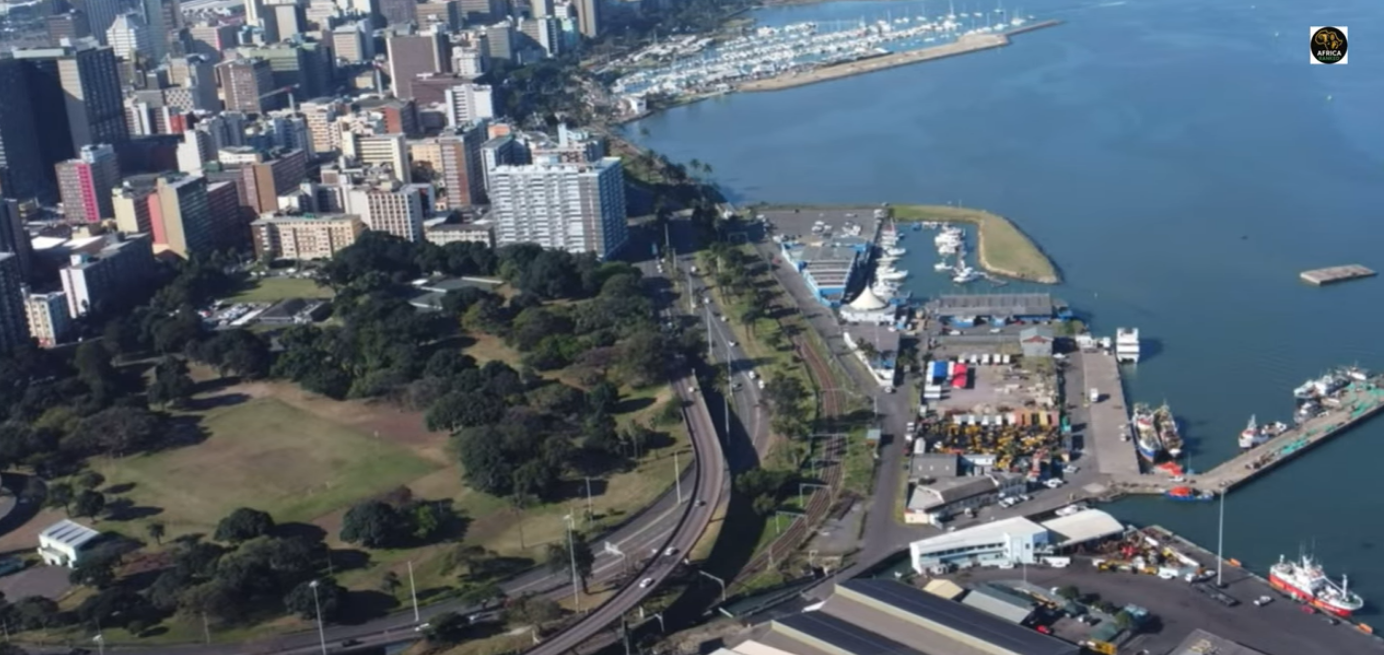| By Oakland Institute Photos: Oakland Institute Oakland, CA — As the 57th session of the UNHRC addresses the human rights situation in Sri Lanka, a new report from the Oakland Institute, Trincomalee Under Siege: Land Grabs Target the Tamil Homeland in Sri Lanka uncovers the rapidly escalating colonization of Tamil and Muslim lands in Trincomalee District. While Sinhalese colonization and settlements have taken place in Sri Lanka under the guise of development since independence, this new research exposes an intensification since the end of the civil war in 2009 and details the different methods deployed by successive governments and the military to further disempower Tamil and Muslim communities. “Sinhalese control is expanding over Trincomalee District, which remains largely under military rule 15 years after the end of the war,” said Anuradha Mittal, Executive Director of the Oakland Institute. “These land grabbing efforts strategically target the most densely Tamil and Muslim populated areas to erase their history and culture while destroying their claim to a unified homeland.” |
 |
| Unauthorized Sinhalese settlement set up in the Kuchchaveli DS Division, Trincomalee © The Oakland Institute |
| As a result of intensive land grabbing, Sinhalese now constitute 27 percent of the district’s population and occupy 36 percent of the district’s total land area. The Kuchchaveli DS Division has undergone the worst dispossession during the past ten years as over 50 percent of the division (41,164 acres) has been expropriated. This has been in part carried out under the guise of various “development” projects – including irrigation schemes, port modernization, power generation and tourism – used to expropriate lands from Tamils and settle Sinhalese in a process known as Sinhalization. Various government agencies, including the Archaeology Department, Forest Department, and Tourism Development Authority are implicated in these schemes. The expansion of Buddhist viharas (temples) in predominantly Hindu and Muslim areas is facilitating Buddhization of the East to change the demographics and erase the cultural landmarks of Tamils and Muslims. Since 2009, at least 26 viharas have been constructed on 3,887 acres of expropriated land in Kuchchaveli DS Division alone. In 2020, the government commissioned an 11-member Presidential Task Force for Archaeological Heritage Management in the Eastern Province, led by the military and monks, with the goal to seize land in the area. In October 2023, after documenting these religiously motivated land grabs, the United States Commission on International Religious Freedom (USCIRF) recommended Sri Lanka be added to the Special Watchlist for severe violations of religious freedom. “While Buddhist monks are allowed to rapidly construct and expand viharas and monasteries, the temples of ancient gods worshipped by the Tamils in these areas are being destroyed,” said Mittal. As well documented in this and past Oakland Institute reports, the Sri Lankan state uses military occupation to assert its ethnocratic dominance over the Tamil and Muslim populations in the Northern and Eastern Provinces. These provinces remain highly militarized, hosting five of the seven Regional Headquarters of the Sri Lankan military. The heavy military presence is enabling land grabs to establish Buddhist viharas and bring in Sinhalese settlers. |
 |
| Monk at the Bahia Pabbatha Senasuna Vihara in Salappaiyaru, Trincomalee © The Oakland Institute |
| The staggering amount of land grabbed from Tamils in Trincomalee District has impacted thousands of people. Traditional livelihoods have been lost due to the expropriation of fertile agricultural and coastal lands. Those who have returned and attempted to reclaim their lands face legal obstacles and harassment from settlers, while being deprived of basic services. “Our future is a question. We can neither farm nor fish. If this situation continues, there will be no chance for our descendants to continue living in this village,” said a Tamil fisherman living in Kuchchaveli. Trincomalee Under Siege elevates testimonies from impacted community members, courageously calling for justice amidst heavy repression by the Sinhalese state. “The intensification of Sri Lanka’s ethnocratic practices documented in this report compounds the already existing misery, injustice, resentment, and jeopardizes any possibility of accountability and redressal for crimes committed by the Sri Lankan state during the civil war to now. Unless the government starts demilitarizing the Northern and Eastern Provinces and respecting the basic rights to land and life of the Tamil and Muslim communities, peace and reconciliation will not be possible,” concluded Mittal. |
Oakland Institute: Escalating Land Grabs Threaten Tamils And Muslims In Sri Lanka






